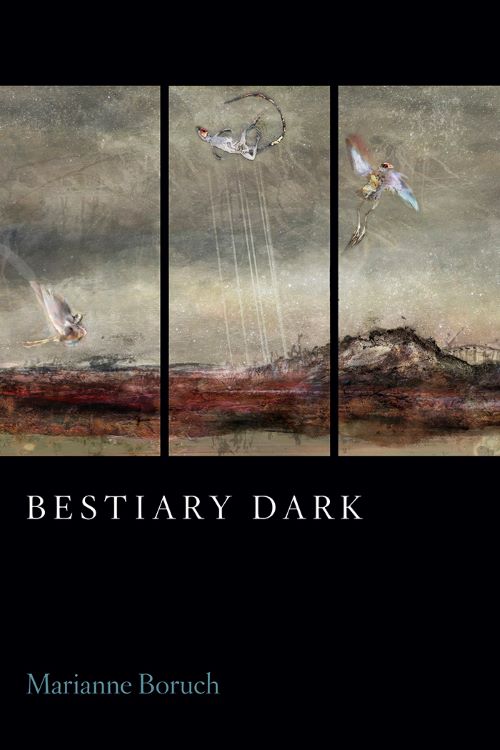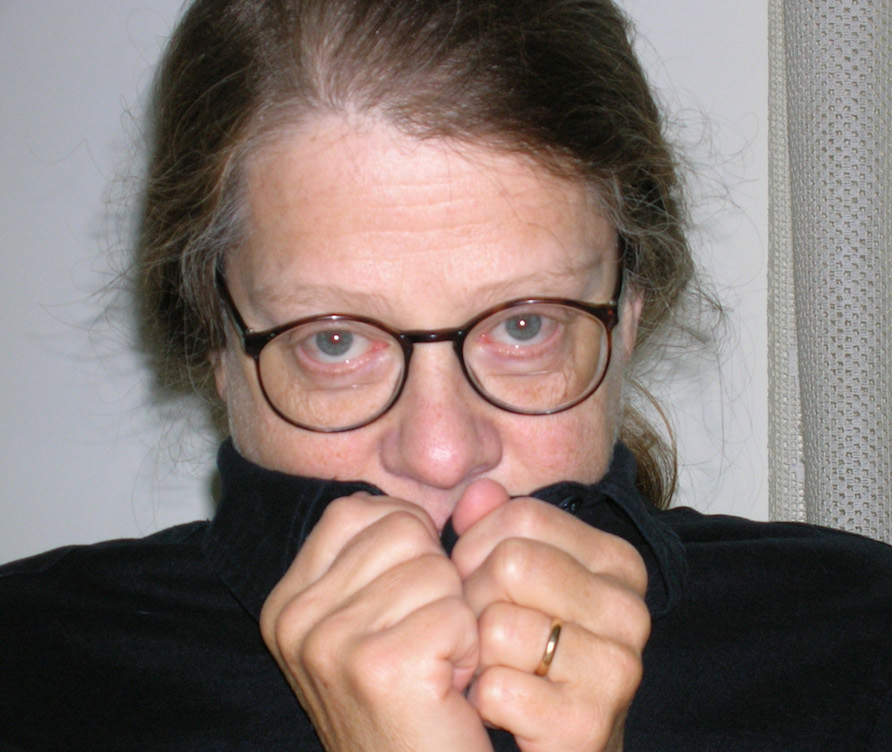This poem continues to haunt me, the first note of four small pieces spoken/sung/dreamt, an almost-musical refrain really because this roadkill emu comes back three times later in Bestiary Dark, my recent collection, to speak from the dead via the most ancient call and response, her voice back and forth with—well, I have no notion who her interlocutor might be.
But that emu, my experience seeing her, slowly became grounding and lens for the poems coming out of the five months I observed the natural world as a Fulbright Research Scholar in 2019 in a most astonishing country. Which included the Australian outback—real. The shocking particulars in this case, that massive wrench—real; that hit-and-run driver—despicably real; our stunned helplessness—real. And certainly real the emu’s terrible ooaa as the stopped trucker came down hard to end that creature’s misery, her repeated sound more real to me as weeks and months passed allowing the poem to emerge. The pain of that witnessing is seed and keeps growing. Now I understand that shattered emu as the heart and conscience of the book. As I wrote, there she was again and again and again: pissed, calm, visionary, fierce, a bit of a smart-ass. But she was solace. I stepped aside. I left her to it.
Certain phrases stop me cold and I wonder where they come from. In this initial piece of that small worldly/otherworldly series, our trying to reach her did feel “medieval as prayer,” the truth of that. (Perhaps only the long-lapsed pre-Vatican II Catholic in me can claim such a thing.) Or the fact that wind in the outback is never a “broken hinge,” not a “crying out,” and how violence can be an act of kindness. The raw power of image…. Words came later, by accident in a silent room at a desk. But back there, one afternoon in that desolate expanse my husband and I and a stranger, the three of us came together over that creature stricken by a fellow human we desperately wanted to disown, a driver hot to desecrate the planet. I can’t tell you the rage in me as that car grew smaller and smaller then slipped into nothing’s pure distance. The mechanized world meets our vast indifference. Old news, sure.
But aren’t poems a sinking in, so often a sudden—if passing—clarity? One small grim detail of a global tragedy bottled and corked and with whatever dark luck sent off to sea to the right person by way of those life-brimming waters.
Every poem is finally about poetry itself. Maybe a stay against the hopelessness of writing poems at all. Does it even qualify as hope—to hope that?
I can say we stopped our car. We watched that most beautiful creature lift its head, splayed out bloody on the road. We watched her try and try to rejoin the living as if our company mattered though of course it did not. That’s the second definition of grief.




